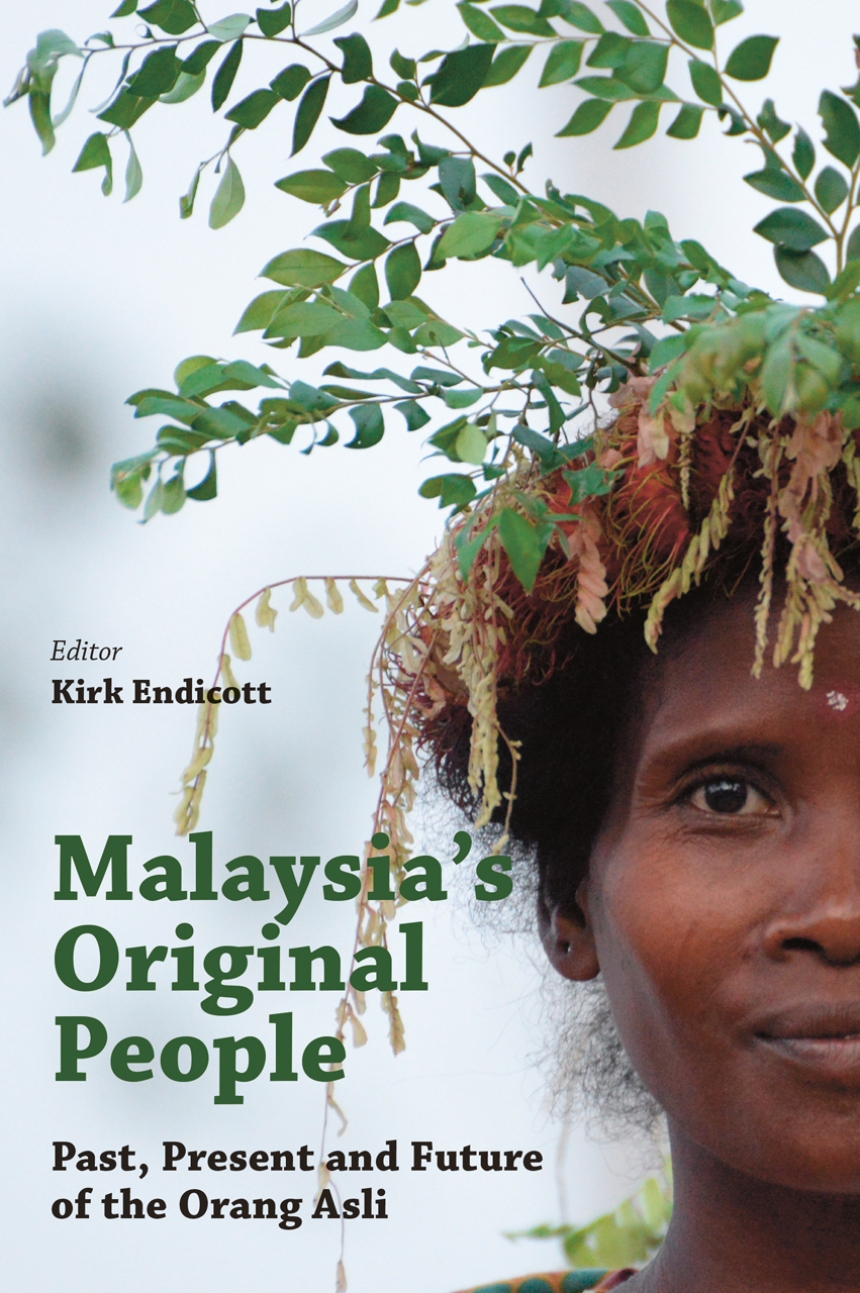National University of Singapore Press
Malaysia’s Original People
Past, Present and Future of the Orang Asli
9789971698614
Distributed for National University of Singapore Press
Malaysia’s Original People
Past, Present and Future of the Orang Asli
The Malay-language term used for indigenous minority peoples of Peninsular Malaysia, “Orang Asli”, covers at least 19 culturally and linguistically distinct subgroups. Until about 1960 most Orang Asli lived in small camps and villages in the coastal and interior forests, or in isolated rural areas, and made their living by various combinations of hunting, gathering, fishing, agriculture, and trading forest products. By the end of the century, logging, economic development projects such as oil palm plantations, and resettlement programmes have displaced many Orang Asli communities and disrupted long-established social and cultural practices.
The chapters in the present volume provide a comprehensive survey of current understandings of Malaysia’s Orang Asli communities, covering their origins and history, cultural similarities and differences, and they ways they are responding to the challenges posed by a rapidly changing world. The authors, a distinguished group of Malaysian (including Orang Asli) and international scholars with expertise in anthropology, archaeology, biology, education, therapy, geography and law, also show the importance of Orang Asli studies for the anthropological understanding of small-scale indigenous societies in general.
The chapters in the present volume provide a comprehensive survey of current understandings of Malaysia’s Orang Asli communities, covering their origins and history, cultural similarities and differences, and they ways they are responding to the challenges posed by a rapidly changing world. The authors, a distinguished group of Malaysian (including Orang Asli) and international scholars with expertise in anthropology, archaeology, biology, education, therapy, geography and law, also show the importance of Orang Asli studies for the anthropological understanding of small-scale indigenous societies in general.
536 pages | 6 x 9 | © 2015
Anthropology: Cultural and Social Anthropology
Asian Studies: Southeast Asia and Australia
Political Science: Political Behavior and Public Opinion
Sociology: Race, Ethnic, and Minority Relations

